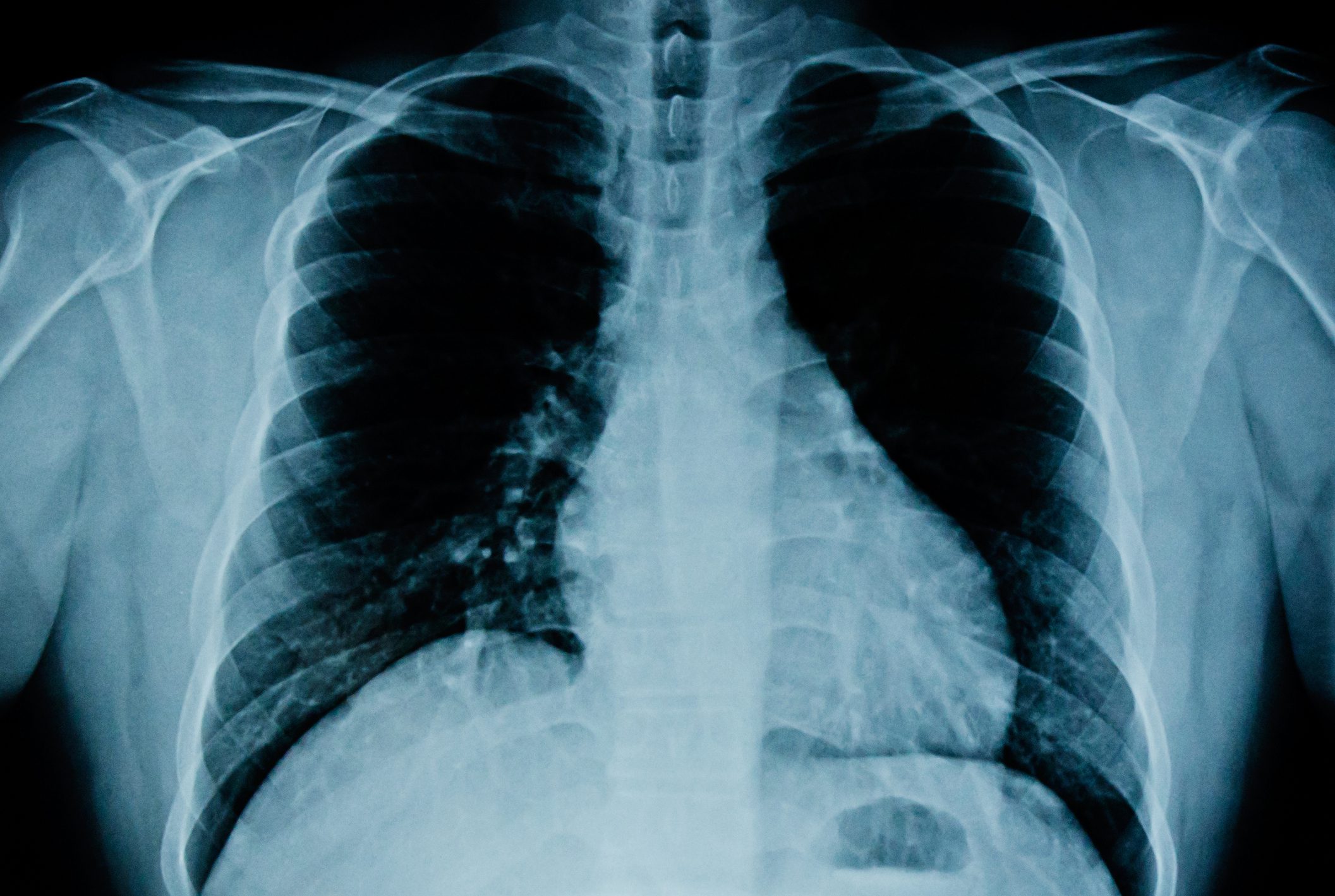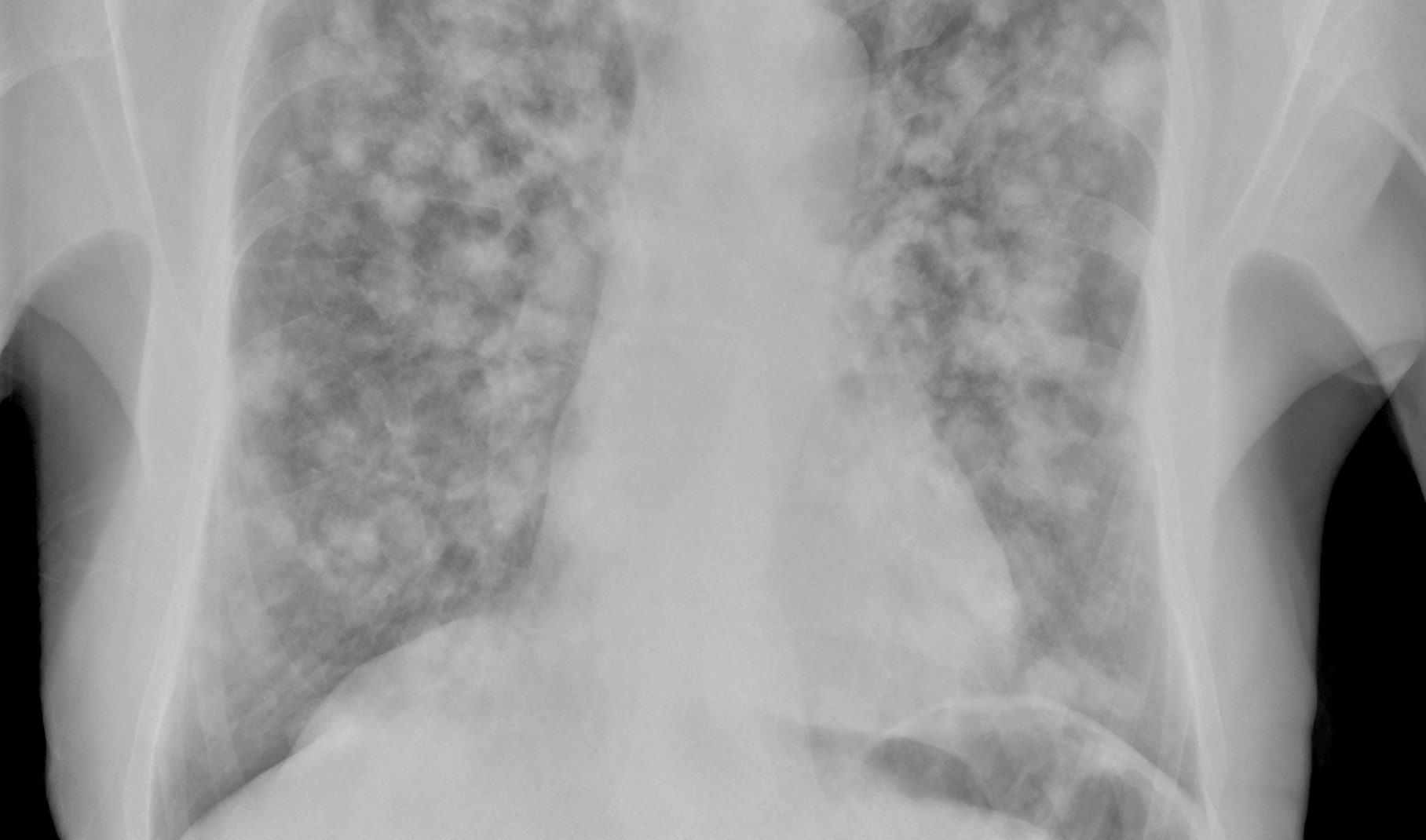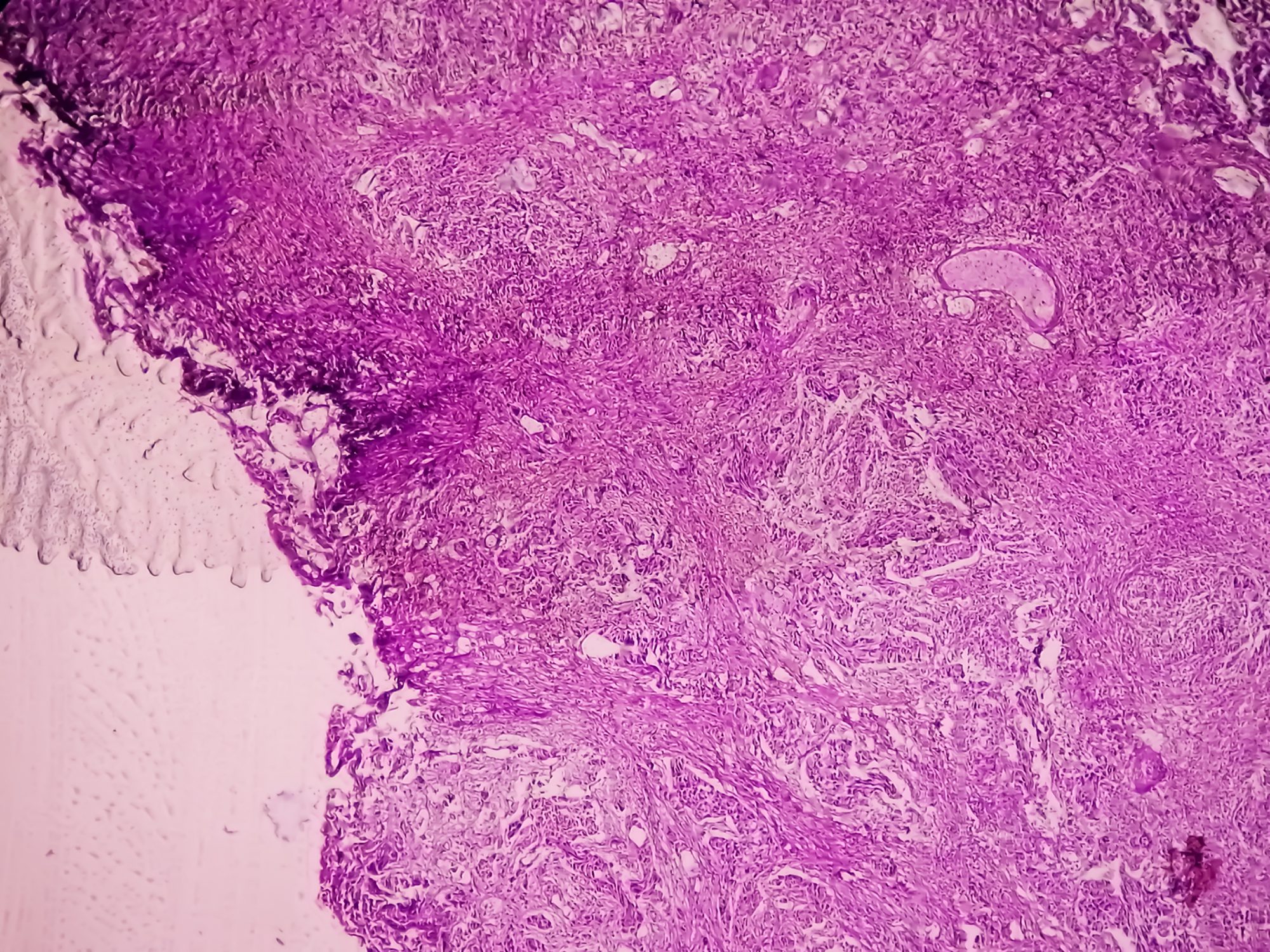For many people with MCI, cognitive abilities remain stable or improve again, while others develop dementia over time. In the context of lifestyle research, there are many findings on diet-related interventions in which flavonoids have emerged as potentially neuroprotective secondary plant substances. Herbal nootropics such as Ginkgo biloba extractsalso contain flavonoids.
Neurocognitive disorders are initially assessed according to their severity. A slight decline in cognitive function compared to previous performance without impairment of everyday activities is referred to as mild cognitive impairment (MCI) or minor neurocognitive disorder ( NCD) [1,2]. The cognitive impairment should not be explained by another illness such as schizophrenia or depression. Both diet and exercise are lifestyle factors for which effects on cognition have been demonstrated [3]. Depending on the terminology used, dietary supplements or herbal nootropics are also subsumed under nutritional measures.
In a review published in 2022 by a research team from the Department of Psychiatry and Biobehavioral Sciences of the David Geffen School of Medicine at the University of California (USA) emphasizes that the following three types of diet have been shown to have positive effects on cognition and general health and well-being [3]:
- The PREDIMED study – a large, randomized controlled multicenter study – showed that adherence to a Mediterranean diet can be an effective primary prevention measure for cardiovascular disease and cognition [4,5].
- Similar to the Mediterranean diet, the DASH diet(Dietary Approaches to Stop Hypertension) provides for a high consumption of plant-based foods, but also limits the intake of saturated fatty acids and the proportion of fats overall, as well as the proportion of cholesterol and sodium. The DASH diet was originally developed to combat high blood pressure and cardiovascular risk factors.
- The MIND (Mediterranean-DASH Intervention for Neurodegenerative Delay) dietemphasizes natural plant foods and the consumption of berries and green leafy vegetables, while animal foods and saturated fats are restricted.
All three dietary styles mentioned are based on core elements of the Mediterranean diet, for which several studies have reported evidence of an association with a reduction in cognitive decline [6,7]. Core elements of the Mediterranean diet include a high proportion of fruit, vegetables, pulses, cereals and nuts, as well as the use of olive oil [3]. According to a review published in 2023 in the journal Current Issues in Molecular Biology, a high content of the following nutrients could be relevant for the suspected neuroprotective effects of the Mediterranean diet [8–11]:
- high-quality fats/oils and lipid molecules (polyunsaturated omega-3 fatty acids, lecithin),
- Antioxidants (coenzyme Q10, glutathione, polyphenols, caffeine),
- Vitamins (folic acid, B6, B12, C, E, D3),
- Minerals (e.g. chromium),
- Dietary fiber.
In addition, recent research has shown that many herbal substances that are taken not only through the diet but also as “nootropics” may have beneficial effects in people with MCI [12,13].
| Quercetin – a powerful antioxidant Quercetin is a plant flavonoid that is found in various plants and foods, such as red wine, onions, green tea, apples and berries. Ginkgo biloba also contains quercetin. Molecular mechanisms underlying the neuroprotective effects of quercetin include possible up- and/or down-regulation of cytokines via nuclear factor (Nrf2), paraoxonase-2, c-Jun N-terminal kinase (JNK), protein kinase C, mitogen-activated protein kinase (MAPK) signaling cascades, and PI3K/Akt signaling pathways, as demonstrated by in vivo and in vitro studies. Ginkgo Biloba extract is often used to promote blood circulation and treat cognitive disorders. Studies show that ginkgo can alleviate cognitive and behavioral symptoms when taken regularly over a longer period of time. |
| to [2,14] |
Polyphenols as health-promoting secondary plant substances
Flavonoids are compounds with a polyphenolic structure that are commonly found in fruits, vegetables, grains, bark, roots, stems, flowers, tea and wine [14,15]. According to their chemical composition, flavonoids are divided into different subclasses such as flavonols, flavones, anthocyanins, isoflavones, chalcones and dihydrochalcones and flavanones and flavanols (e.g. quercetin) (box) . Several studies have shown that flavonoids have strong antioxidant and anti-inflammatory properties [15,16]. Due to these properties, flavonoids play a preventive role in the development of cancer, Alzheimer’s and cardiovascular diseases [17]. Flavonoids have the ability to reduce the expression of pro-inflammatory cytokines, modulate epigenetic control, downregulate inflammatory biomarkers and prevent nerve damage, mainly due to their strong antioxidant properties [18–23].
Literature:
- Medix: Dementia: Guideline, www.medix.ch/wissen/guidelines/demenz,(last accessed 14.01.2023)
- “Dementia: Diagnosis, treatment and care”, www.alzheimer-schweiz.ch/fileadmin/dam/Alzheimer_Schweiz/Dokumente/Publikationen-Produkte/159_D_Diagnose_2018_web.pdf,(last accessed 14.01.2023)
- Nguyen SA, Oughli HA, Lavretsky H: Complementary and Integrative Medicine for Neurocognitive Disorders and Caregiver Health. Curr Psychiatry Rep 2022 Sep; 24(9): 469-480.
- Martínez-Lapiscina EH, et al: Mediterranean diet improves cognition: the PREDIMED-NAVARRA randomized trial. J Neurol Neurosurg Psychiatry 2013; 84(12): 1318-1325.
- Estruch R, et al: Primary prevention of cardiovascular disease with a Mediterranean diet. N Engl J Med 2013; 368(14): 1279-1290.
- Panza F, et al. Chapter 9-Contribution of Mediterranean Diet in the Prevention of Alzheimer’s Disease. Academic Press; Cambridge, MA, USA: 2018. pp. 139-155.
- Sofi F, et al: Accruing evidence on benefits of adherence to the Mediterranean diet on health: An updated systematic review and meta-analysis. Am J Clin Nutr 2010; 92: 1189-1196.
- Palimariciuc M, et al: The Quest for Neurodegenerative Disease Treatment-Focusing on Alzheimer’s Disease Personalized Diets. Curr Issues Mol Biol 2023; 45(2): 1519-1535.
- García-Casares N, et al: Alzheimer’s Disease, Mild Cognitive Impairment and Mediterranean Diet. A Systematic Review and Dose-Response Meta-Analysis. J Clin Med 2021; 10: 4642.
- McCleery J, et al: Vitamin and mineral supplementation for preventing dementia or delaying cognitive decline in people with mild cognitive impairment. Cochrane Database Syst Rev 2018; 11: CD011905.
- Śliwińska S, Jeziorek M: The role of nutrition in Alzheimer’s disease. Rocz Panstw Zakl Hig 2021; 72: 29-39.
- Nishal S, et al: A concise review of common plant-
derived compounds as potential therapy for Alzheimer’s disease and Parkinson’s disease: Insight into Structure-Activity-Relationship. CNS Neurol Disord Drug Targets 2023: 22. - Guo P, et al: Medicine-Food Herbs against Alzheimer’s Disease: A Review of Their Traditional Functional Features, Substance Basis, Clinical Practices and Mechanisms of Action. Molecules 2022; 27: 901.
- Bhatti GK, et al: Lifestyle Modifications and Nutritional Interventions in Aging-Associated Cognitive Decline and Alzheimer’s Disease. Front Aging Neurosci. 2020 Jan 10; 11: 369.
- Panche AN, Diwan AD, Chandra SR: Flavonoids: an overview. J Nutr Sci 2016; 5: e47. 10.1017/jns.2016.41
- Pietta PG: Flavonoids as antioxidants. J Nat Prod 2000; 63, 1035-1042.
- Benavente-García O, Castillo J: Update on uses and properties of citrus flavonoids: new findings in anticancer, cardiovascular, and anti-inflammatory activity. J. Agric. Food Chem 2008; 56: 6185-6205.
- Lee YK, et al: (-)-Epigallocatechin-3-gallate prevents lipopolysaccharide-induced elevation of β-amyloid generation and memory deficiency. Brain Res 2009; 1250: 164-174.
- Almeida Rezende B, et al: Vascular effects of flavonoids. Curr Med Chem 2016; 23: 87-102.
- Hua X, et al: Association among dietary flavonoids, flavonoid subclasses and ovarian cancer risk: a meta-analysis. PLoS One 2016; 11: e0151134.
10.1371/journal.pone.0151134 - Fernandes I, et al: Wine flavonoids in health and disease prevention. Molecules 2017; 22: E292. 10.3390/molecules22020292
- Qadir MI: Role of green tea flavonoids and other related contents in cancer prevention. Crit Rev Eukaryot. Gene Expr 2017; 27: 163-217.
- Spagnuolo C, Moccia S, Russo GL: Anti-inflammatory effects of flavonoids in neurodegenerative disorders. Eur J Med Chem 2018; 153: 105-115.
- Zaplatic E, et al: Molecular mechanisms underlying protective role of quercetin in attenuating Alzheimer’s disease. Life Sci 2019; 224: 109-119.
FAMILY PHYSICIAN PRACTICE 2024; 19(1): 22-23











